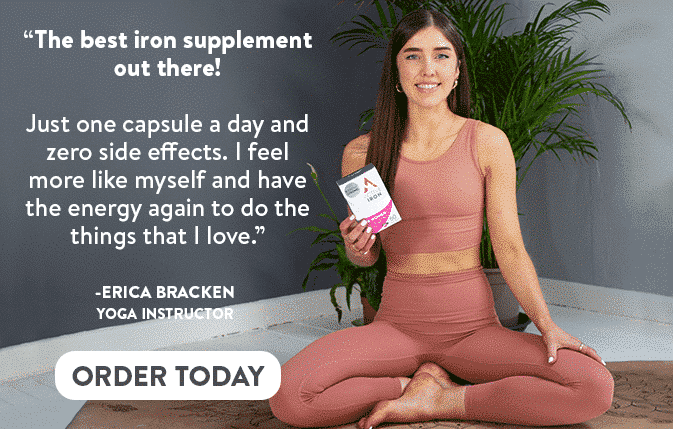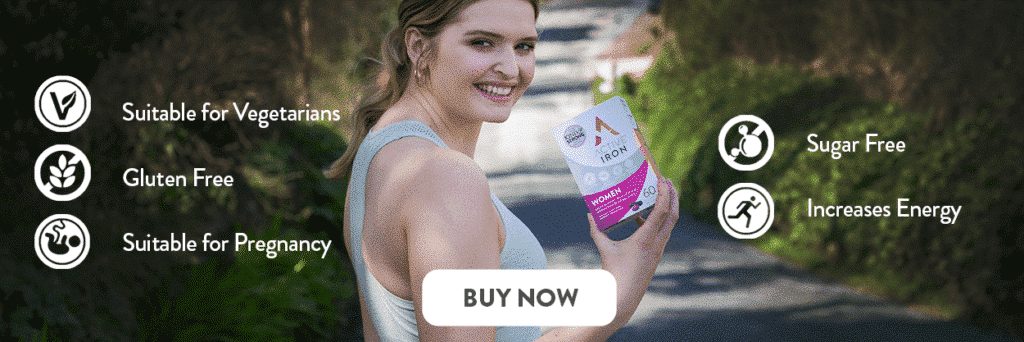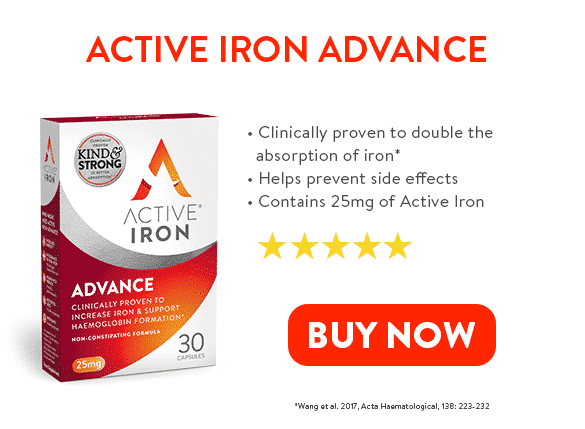PERIOD ADVICE.

The Best And Worst Period Advice According to 1,000 Women
All women have received period advice at some point in their life, whether from a parent, friend, teacher, or even just a well-meaning stranger. Like all advice, some tips are better than others, and every woman will have a unique experience surrounding their period.
Active Iron was interested in learning about the period advice experienced by women who regularly menstruate, so we surveyed 1,000 women between the ages of 25-45 to collate what women find as the best and worst advice regarding their menstrual cycle.
Among the responses are the expected regulars, like taking pain killers or utilising hot water bottles, as well as some less common suggestions, including jumping on the bed and indulging in greasy foods. Greasy food can directly worsen period bloating, so that one goes solidly in the “bad advice” section, but some of the other less conventional recommendations are worth giving a second look.
Most common period advice
On average, the two most common pieces of menstrual advice women reported having received included:
• Take pain relief (85%)
• Use a hot water bottle (82%)
Next on the list were the following:
• Keep active/do exercise (52%)
• Have a bath (48%)
• Keep hydrated (48%)
• These symptoms will pass in a couple days (48%)
• Don’t worry and just get on with your day (41%)
Bad period advice
In general, women surveyed marked four major suggestions as being the worst advice given to them when on their periods:
• Don’t worry and just get on with it (66%)
• Avoid eating (79%)
• Avoid swimming (59%)
• Drink alcohol (59%)
Not being able to swim when on your period is a common misconception. With tampons or a menstrual cup, women can enjoy swimming just as they would on any other day of their cycle. There is also the well-known myth that going in water will actually stop your period momentarily—with or without a tampon inserted. In reality, the water pressure will cause a reduction in your flow, but it will not stop your period.1 This means that you probably won’t notice any blood coming out while swimming, although coughing or laughing may be enough to push some blood out—although not by a large amount.
Tampons, menstrual cups, or menstrual discs will all prevent any leakage when swimming, and period-friendly swimwear is beginning to emerge on the market. Of course, pads and panty-liners will do nothing to prevent leakage, and should not be worn while swimming.
Other swimming-related myths include:
• Swimming on your period is unsanitary – False, chemicals in swimming pools are there to clean the water and are enough to handle a few stray drops of menstrual blood
• Swimming on your period will attract sharks – Sharks can detect all sorts of bodily fluids released into the water, including urine. No research has shown that sharks are particularly attracted to period blood. In fact, according to the Florida Museum’s website, 80% of shark bites happen to male victims.2
• Swimming can help PMS symptoms – True! Like all aerobic activities, swimming can help relieve menstrual symptoms.1
Who gave the worst period advice?
When asked, women had three top answers regarding who gave them bad menstrual advice in the past:
• Friends (22%)
• Mother (12%)
• Healthcare Professionals (18%)
A further 64% said they have felt in the past like their period symptoms were disregarded.
Most people know the stereotype of eating chocolates and other sweets when on your period, but many women surveyed have labelled this as poor advice. In fact, it is generally accepted that eating healthy foods during menstruation is better for your body…good advice for the rest of your cycle, too!
Birth control as a blanket cure for menstrual symptoms is another piece of advice which many women labelled unhelpful. Birth control options such as the pill or an IUD are often touted as an easy solution for heavy periods, other women even being told to have a baby. Any form of birth control, or considerations of pregnancy, should be consulted by your GP.
It is also important to note that every woman’s cycle is different, and yours may not follow a perfect 28 day cycle. Irregular periods, or even missed periods, can be caused for all sorts of reasons, including heavy exercising, a low body weight, or conditions like PCOS or endometriosis.
Good advice on periods
Focusing on the good advice received regarding their periods, women highlighted the following:
• Rest at home (61%)
• Keep hydrated (75%)
• Take pain relief (85%)
• Use a hot water bottle (84%)
• Eat healthy food (64%)
• Have a bath (65%)
• Take a supplement (47%)
Most women preferred applying a hot water bottle to their abdomen, although some women did give the advice of keeping the area cool. When a hot water bottle wasn’t available, some women suggest putting rice in a sock, heating it in the microwave, and using this to help combat cramps. Warm showers and baths can also help provide relief, and some women suggested primrose oil or capsules for sore breasts.
Keeping track of your cycle is another common suggestion, whether on an app or hand-written in a diary. Keeping note of your regular symptoms can help you notice when or if anything seems amiss, in which case you may want to consult with your GP or healthcare professional.
Some gentle stretching, yoga, and moderate walks can also help ease menstrual pain. Many active women suggest listening your body when on your period, and avoid strenuous exercise during the first couple days of your period to avoid hurting or overexerting yourself.
Taking an iron supplement can also be a good way to deal with menstrual symptoms like fatigue, as blood loss from periods is the leading cause of inadequate iron levels in women, directly leading to tiredness and fatigue. In fact, it is estimated that 220-250mg of iron per pint of blood is lost during menstruation! When asked, 35% of women acknowledged that they thought blood and iron loss was the biggest contributing factor to menstrual fatigue. Active Iron’s non-constipating formula is clinically proven to increase iron levels by 94%3, helping to fight menstrual fatigue and tiredness.
Conclusion: The best and worst advice on periods
It’s great to have the advice of those who have come before you, and many young women and girls turn to trusted female sources when they’re first dealing with menstrual symptoms. Good advice can mean the difference between suffering in silence, and finding relief. However, bad advice can do more damage than good! Remember that everyone’s body is different, and so every piece of advice you receive for your period should be considered with care, and moulded to fit your own body’s needs.




